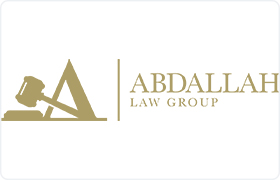Loleta Real Estate Lawyer, California
Sponsored Law Firm
-
 x
x

Click For More Info:
-
Abdallah Law Group, P.C.
555 Capitol Mall Suite 766 Sacramento, CA 95814» view mapReal Estate Law #1 Sacramento Law Office
Abdallah Law Group is ready to fight for our clients. We provide comprehensive, individualized and affordable legal representation.
800-698-5801
John S. Lopez
Real Estate, Admiralty & Maritime, Employment, Bankruptcy & Debt
Status: In Good Standing
Robert Allen Zigler
Estate Planning, Commercial Real Estate, Trusts, Estate, Wills
Status: In Good Standing Licensed: 47 Years
James Dale Poovey
Estate Planning, Elder Law, Commercial Real Estate, Business, Trusts
Status: In Good Standing Licensed: 46 Years
Daniel Earl Cooper
Commercial Real Estate, Wills, Trusts, Elder Law
Status: In Good Standing Licensed: 32 Years
William Fredrick Barnum
Real Estate, Lawsuit & Dispute, Child Custody, Criminal
Status: In Good Standing Licensed: 45 Years
 Mitchell Abdallah Sacramento, CA
Mitchell Abdallah Sacramento, CA
